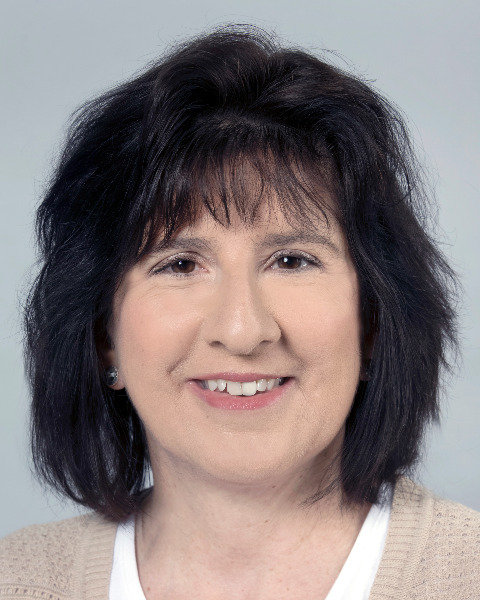Back
Paper: Research Abstract
Information Services
Session: Information Services Session 3
Common Misspellings and Their Impact on Health Sciences Literature Search Results
Friday, May 6, 2022
10:45 AM – 11:00 AM CT
Location: 354

Jill A. Turner, BSN, MLIS
Associate Library Professor
Dental School Library
Detroit, Michigan
Julia L. Eisenstein, MA, MLIS
Library Professor
University of Detroit Mercy
Presenter and Author(s)
Author(s)
Objectives: As far back as the 1960’s, the health sciences literature has documented the problem of misspelled words in scholarly research. More recently, the misspelling of “pruritus” has received particular attention for the frequency with which it is misspelled. While some articles discuss the practical challenges that can arise from misspellings, very little has been written about how misspelled medical terms affect the ability to retrieve articles from bibliographic databases. The study examines the frequency of misspellings among several commonly used terms and explores how misspellings of these terms affect the retrieval of articles in multiple databases.
Methods: Investigators consulted two lists of commonly misspelled words (medical and plain English language), selecting words for analysis that might be used in a health sciences literature search. Searches for misspelled words were conducted in multiple databases. In order to remove articles that would be retrieved using a word’s correct spelling, the Boolean Operator NOT was utilized. The remaining results were the articles that could only be retrieved if the word was misspelled in the search. Results were limited to publication dates between 1990-2019. Articles with clinical significance were targeted. Instances of misspellings were verified in remaining articles, and those with misspellings occurring solely in the bibliography were excluded.
Results: The top five most commonly misspelled words were occurrence, ophthalmology, pruritus, sagittal, and resistance. The least misspelled, at five articles apiece, were cirrhosis and hygiene. Ophthalmology had the most number of articles that contained at least one misspelling, with 57% of those articles “missing” when searched with the correct spelling. The word with the highest percentage (82%) of missed articles was arrhythmia. Misspelled words were random throughout the articles. Six words had at least one instance in the title. Results for pruritus found sixteen articles containing multiple instances of both spellings (pruritis and pruritus) within the same article.
Conclusions: The results of this study indicate misspellings in the medical literature are much more common than one would expect. The ability to retrieve articles is adversely affected by misspellings which has the potential to affect patient care. The manner in which databases handle misspelled keywords is not uniform among databases or even within a single database depending on the search term. Many opportunities exist in the editorial process to identify and correct misspellings before publication. Less so once a journal is published. The implications for peer review and manuscript evaluation are discussed.
Methods: Investigators consulted two lists of commonly misspelled words (medical and plain English language), selecting words for analysis that might be used in a health sciences literature search. Searches for misspelled words were conducted in multiple databases. In order to remove articles that would be retrieved using a word’s correct spelling, the Boolean Operator NOT was utilized. The remaining results were the articles that could only be retrieved if the word was misspelled in the search. Results were limited to publication dates between 1990-2019. Articles with clinical significance were targeted. Instances of misspellings were verified in remaining articles, and those with misspellings occurring solely in the bibliography were excluded.
Results: The top five most commonly misspelled words were occurrence, ophthalmology, pruritus, sagittal, and resistance. The least misspelled, at five articles apiece, were cirrhosis and hygiene. Ophthalmology had the most number of articles that contained at least one misspelling, with 57% of those articles “missing” when searched with the correct spelling. The word with the highest percentage (82%) of missed articles was arrhythmia. Misspelled words were random throughout the articles. Six words had at least one instance in the title. Results for pruritus found sixteen articles containing multiple instances of both spellings (pruritis and pruritus) within the same article.
Conclusions: The results of this study indicate misspellings in the medical literature are much more common than one would expect. The ability to retrieve articles is adversely affected by misspellings which has the potential to affect patient care. The manner in which databases handle misspelled keywords is not uniform among databases or even within a single database depending on the search term. Many opportunities exist in the editorial process to identify and correct misspellings before publication. Less so once a journal is published. The implications for peer review and manuscript evaluation are discussed.

.png)
